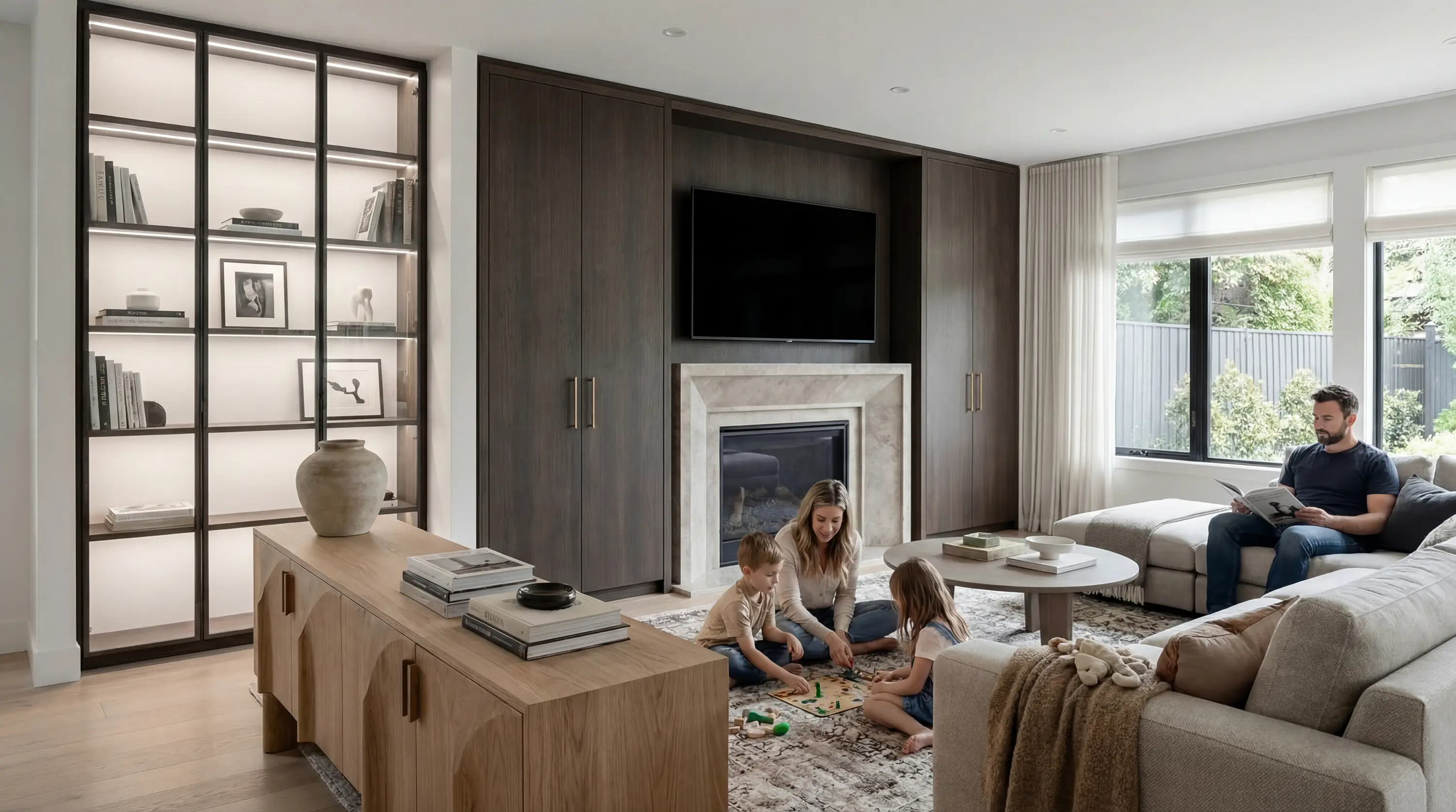Divorce or separation are topics no one wants to contemplate, especially when embarking on the journey of marriage or partnership. However, it's essential to understand the legal aspects surrounding the matrimonial home.
By staying informed and understanding the implications of this agreement, you can ensure you are aware of your rights and obligations. This also allows you to sit down with your partner to negotiate and ensure you are set up for success should a separation ensue.
Whether you're newlyweds or have been together for years, comprehending what constitutes a matrimonial home and its implications can save you from potential legal complexities in the future.
In this blog post, we will cover all aspects to help you better understand what a matrimonial home is.
What is a Matrimonial Home?
In Ontario, the term "matrimonial home" refers to the property where a married couple ordinarily resides. It could be a house, condominium, or any other type of dwelling.
What distinguishes a matrimonial home from other properties is its unique legal status, governed by the Family Law Act (FLA).
How a Couple Enters into a Matrimonial Home:
There are various ways in which a couple can enter into a matrimonial home. Below is a list of the different ways:
- Joint Ownership: When both partners purchase a property together, regardless of whether they contribute equally to the purchase price or mortgage payments, the property is considered a matrimonial home.
- Transfer or Gift: If one partner owns a property before marriage or cohabitation and subsequently transfers ownership or makes it a gift to the other partner, the property can become a matrimonial home.
- Common Law Partners: In Ontario, common law partners who have lived together for a certain period (typically three years or more) can also have a matrimonial home, provided they meet the criteria outlined in the FLA.
- Designation by Court: In some instances, a court may designate a property as a matrimonial home, even if it doesn't fit the traditional criteria, to ensure fairness in property division during separation or divorce.
Things to Consider When Entering into a Matrimonial Home:
A matrimonial home holds both familial and emotional significance. Before diving into this chapter of your life, it’s best to consider your options and take steps to ensure that, should you and your spouse separate, you are both set up for success and can proceed without any legal complications.
Here are some key considerations we recommend reviewing:
- Legal Advice: Before making any decisions regarding your matrimonial home, it's crucial to seek legal advice from a qualified real estate lawyer who specializes in family law. They can provide personalized guidance based on your unique circumstances.
- Prenuptial Agreement: Consider drafting a prenuptial agreement that outlines each partner's rights and responsibilities regarding the matrimonial home in the event of separation or divorce. While it may not be the most romantic topic, it can protect both parties from potential disputes.
- Financial Contributions: Be transparent about your financial contributions to the matrimonial home, whether the initial purchase price, mortgage payments, or renovations. Keeping detailed records can help ensure a fair division of assets in case of separation.
- Future Planning: Discuss your long-term goals and expectations for the matrimonial home with your partner. Whether you envision staying in the property for decades or selling it in the future, having open communication can prevent misunderstandings and conflicts later on.
While contemplating the possibility of divorce or separation may not be pleasant, understanding the legal aspects of the matrimonial home is essential. By familiarizing yourself with what constitutes a matrimonial home, how it can be created, and key considerations to keep in mind, you can navigate this aspect of real estate with confidence and peace of mind.
Remember, seeking professional guidance and having open communication with your partner are the keys to protecting your interests and ensuring a smooth transition, should the need arise. If you have any questions or concerns, we can help. Contact us today to review your options.

.png)
.webp)


